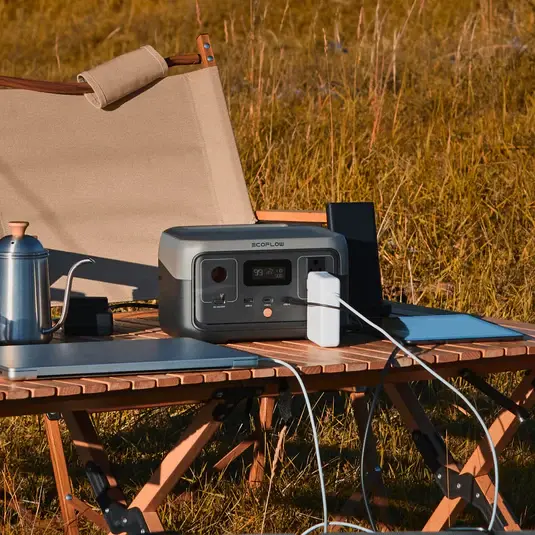this post was submitted on 02 Dec 2024
130 points (100.0% liked)
Buy it for Life
4636 readers
1 users here now
A place to share practical, durable and quality made products that are made to last, with an emphasis on upcycled and sustainable products!
Guidelines:
Things that are well-made and durable (even if they won't last a lifetime) are A-Okay!
Unlike that other BIFL place, Home-made and DIY items are encouraged here, as long as some form of instruction is included in the body of the post.
Videos links are not allowed as post titles, but you may use them in a text post.
A limited amount of self-promotion is accepted, IF the item you are selling aligns with this criteria:
- The item must be made with sustainable or recycled materials.
- If electronic in some way, the item must be open-source.
- The item must be user-serviceable (if applicable).
- You cannot be a large corporation.
- The post must be clearly marked with a [Self Promotion] tag in your title.
founded 2 years ago
MODERATORS
you are viewing a single comment's thread
view the rest of the comments
view the rest of the comments


If price is your main concern make one yourself. Specially if you don't need 110
buy a 12v battery of your choice (deep cycle are best, but car batteries will do in a pinch, UPS batteries if you want small)
buy a tool box of adequate size for your battery, allow for extra room
order a "float charger"
Order USB and cigarette lighter ports as desired
wire it all up inside the toolbox
I've made a few with minimal effort, they're great for camping and my latest one even allows me to jump start a car
There are plenty of guides out there with more detailed steps
https://www.youtube.com/watch?v=49Do__99Yr4
I'm currently making one for a friend, let me know if you guys want to see pics of the components
I have very limited experience with this but from what I've seen car batteries are terrible for this. They're not designed to be drained and don't hold up to it well. Deep cycle is the way to go.
This is only applicable if you drain them all the way repeatedly (over draining of the battery leads to sulfate forming on the plates which is)
https://www.sciencedirect.com/science/article/abs/pii/S0378775303009340
I combat this by over sizing my batteries. I have a lead one in a tool box I use for camping and I recharge with a solar panel, It's a standard car battery that for my use lasts 6 hours or so. Normally I use it for a couple hours (between dusk and time to go to bed) to use a laptop, maybe a speaker and an LED light and then I charge it during the day while I go hiking via solar panels.
If you care for them they can last a long time. There's also charge controllers you can install to keep it between 20 and 80% charge (for best life) but that's kind of overkill for my purposes.
Having said that, yes ... deep cycle batteries are a lot better, and even more so are Li Ion and solid state ... but they are also significantly more expensive, and I like to use whatever I have at hand.
Thanks for explaining. I think the people I knew who tried this didn't take any precautions to protect their battery so that would explain why theirs failed so quickly.